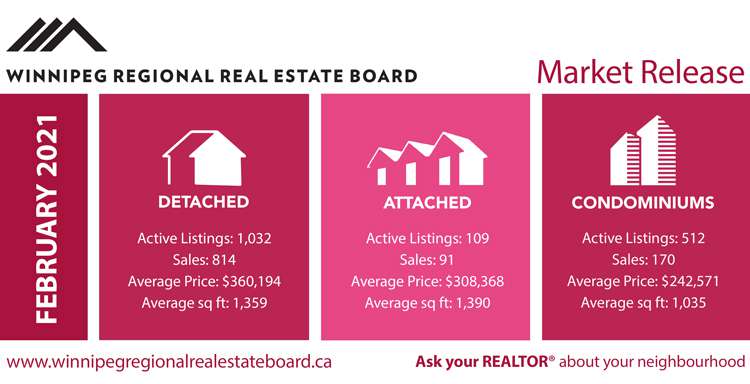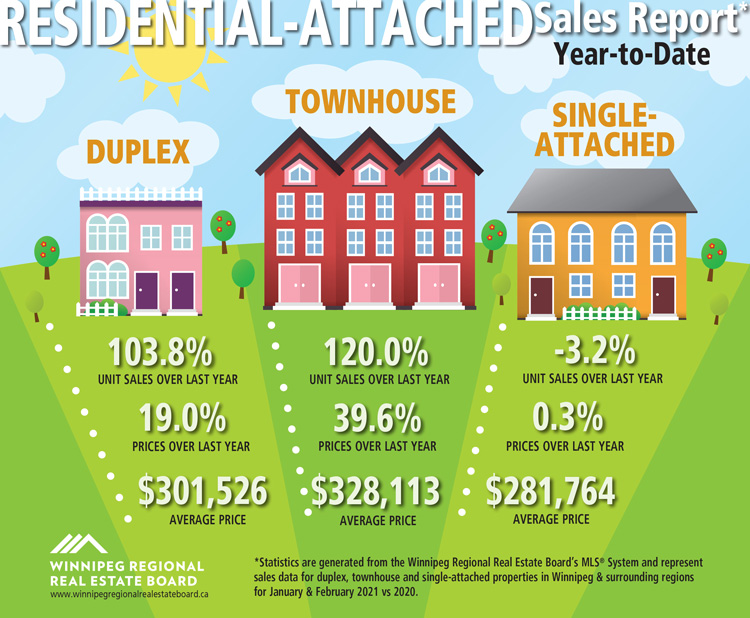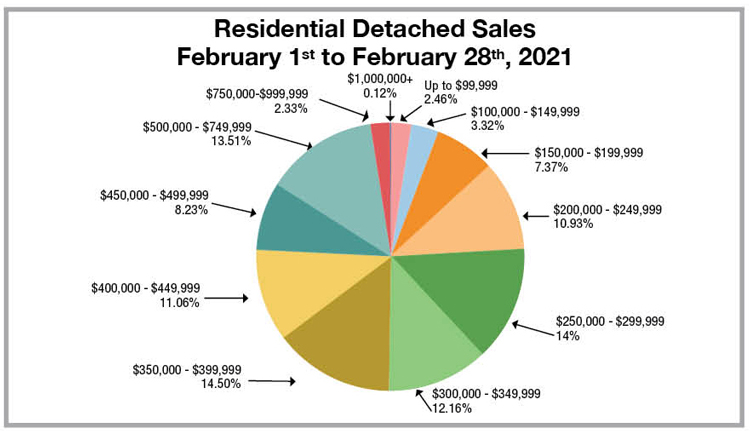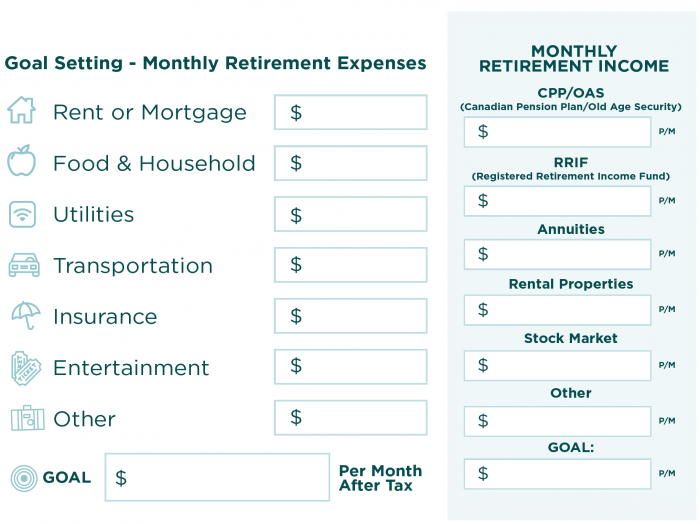PENALTIES, PENALTIES, PENALTIES!!! The terms of your mortgage matter. You may have received the best rate, but you may have to pay $1000s to break your mortgage or be forced to wait until the end of the term or sell your property to break the mortgage. The mortgage application process should be collaborative and educational. The mortgage professional should take the time to understand the client’s situation, goals, and risk tolerance. Typically, breaking your mortgage early can result in very high penalties. Here are the top 9 reasons why people will break their mortgage early.
9 Reasons People Break Their Mortgage.
Did you know, that approximately 60 percent of people break their mortgage before their mortgage term matures? While this is not necessarily avoidable, most homeowners are blissfully unaware of the penalties that can be incurred when you break your mortgage contract – and sometimes, these penalties can be painfully expensive.
Below are some of the most common reasons that individuals break their mortgage. Being aware of these might help you avoid them (and those troublesome penalties), or at least help you plan ahead!
sale and purchase of a new home
If you already know that you will be looking at moving within the next 5 years, it is important to consider a portable mortgage. Not all mortgages are portable, so if this is a possibility in your near future, it is best to seek out a mortgage product that allows this. However, be aware that some lenders may purposefully provide lower interest rates on non-portable mortgages but don’t be fooled. Knowing your future plans will help you avoid expensive penalties from having to move your mortgage.
Important Note: Whenever a mortgage is ported, the borrower will need to re-qualify under current rules to ensure you can afford the “ported” mortgage based on your income and the necessary qualifications.
to utilize equity
Another reason to break your mortgage is to obtain the valuable equity you have built up over the years. In some areas, such as Toronto and Vancouver, homeowners have seen a huge increase in their home values. Taking out equity can help individuals with paying off debt, expand their investment portfolio, buy a second home, help out elderly parents or send their kids to college.
This is best done when your mortgage is at the end of its term, but if you cannot wait, be sure you are aware of the penalties associated with your mortgage contract.
to pay off debt
Life happens and so can debt. If you have accumulated multiple credit cards and other debt (car loan, personal loan, etc.), rolling these into your mortgage can help you pay them off over a longer period of time at a much lower interest rate than credit cards. In addition, it is much easier to manage a single monthly payment than half a dozen! When you are no longer paying the high-interest rates on credit cards, it can provide the opportunity to get your finances in order.
Again, be aware that if you do this during your mortgage term, the penalties could be steep and you won’t end up further ahead. It is best to plan to consolidate debt and organize your finances when your mortgage term is up and you are able to renew and renegotiate.
cohabitation, marriage, and/or children
As we grow up, our life changes. Perhaps you have a partner you have been with a long time, and now you’ve decided to move in together. If you both own a home and cannot afford to keep two, or if neither has a rental clause, then you will need to sell one of the homes which could break the mortgage.
divorce or separation
A large number of Canadian marriages are expected to end in divorce. Unfortunately, when couples separate it can mean breaking the mortgage to divide the equity in the home. In cases where one partner wants to buy the other out, they will need to refinance the home. Both of these break the mortgage, so be aware of the penalties which should be paid out of any sale profit before the funds are split.
major life events
There are some cases where things happen unexpectedly and out of our control, including illness, unemployment, death of a partner or someone on the title. These circumstances may result in the home having to be refinanced, or even sold, which could come with penalties for breaking the mortgage.
removing someone from the title
Did you know that roughly 20% of parents help their children purchase a home? Often in these situations, the parents remain on the title. Once their son or daughter is financially stable, secure, and can qualify on their own, then it is time to remove the parents from the title.
Some lenders will allow parents to be removed from the title with administration and legal fees. However, other lenders may say that changing the people on Title equates to breaking your mortgage resulting in penalties. If you are buying a home for your child and will be on the deed, it is a good idea to see what the mortgage terms state about removing someone from the title to help avoid future costs.
to get a lower interest rate
Another reason for breaking your mortgage could be to obtain a lower interest rate. Perhaps interest rates have plummeted since you bought your home and you want to be able to put more down on the principle, versus paying high-interest rates. The first step before proceeding, in this case, is to work with your DLC mortgage broker to crunch the numbers to see if it’s worthwhile to break your mortgage for the lower interest rate – especially if you might incur penalties along the way.
pay off the mortgage
Wahoo!!! You’ve won the lottery, got an inheritance, scored the world’s best job or had some other windfall of cash leaving you with the ability to pay off your mortgage early. While it may be tempting to use a windfall for an expensive trip, paying off your mortgage today will save you THOUSANDS in the long run – enough for 10 vacations! With a good mortgage, you should be able to pay it off in 5 years, thereby avoiding penalties but it is always good to confirm.
Some of these reasons are avoidable, others are not. Unfortunately, life happens. That’s why it is best to seek the advice of an expert. Dominion Lending Centres have mortgage professionals across Canada wanting to be part of your journey and help you get the best mortgage for YOU.




